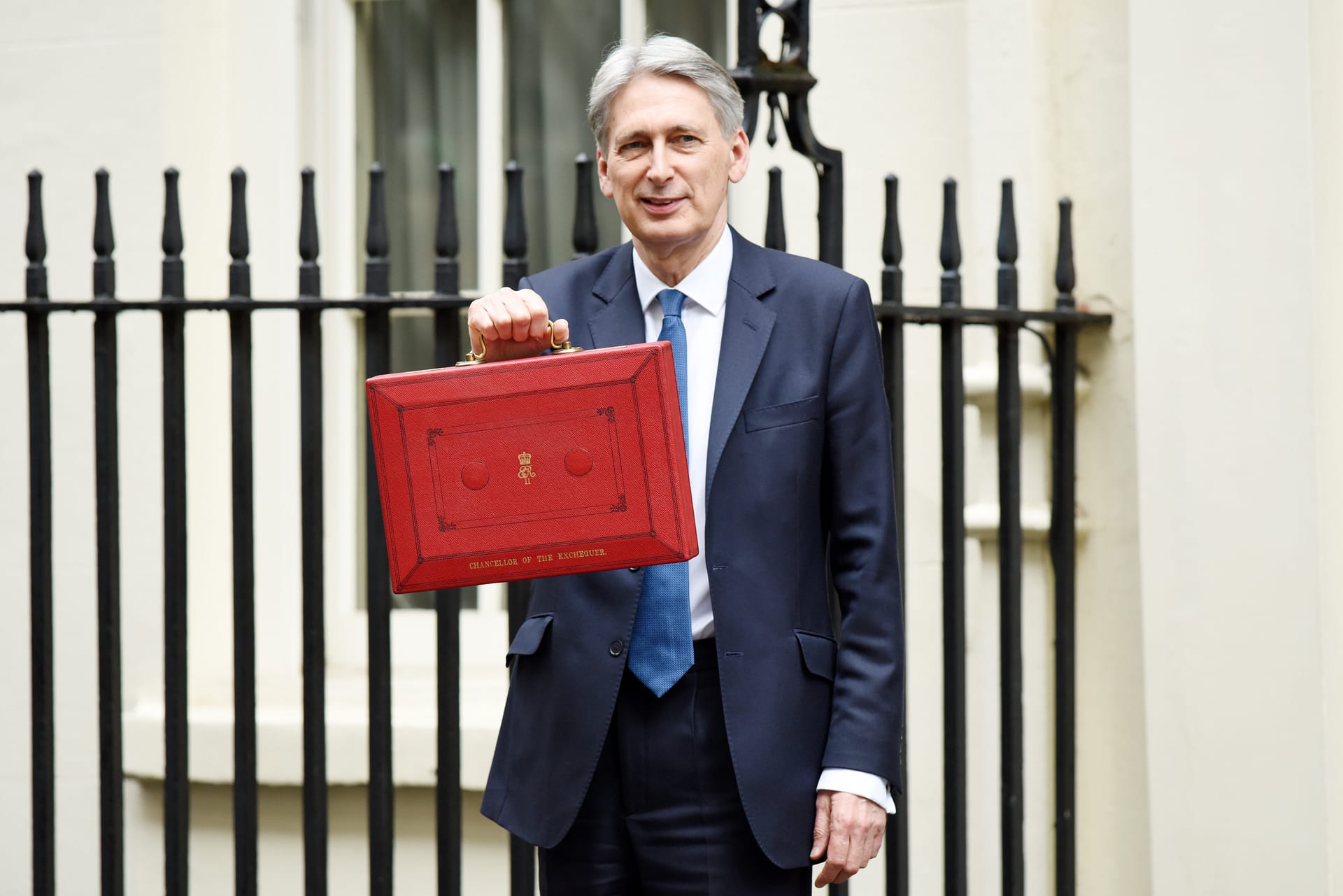The former Chancellor George Osborne always insisted that the Treasury should fix the roof when the sun was shining, using economic gains to help keep the Exchequer books in balance.
Unfortunately it’s been a long, dark, overcast day for most of the last five years in the UK economy. Weak growth and pandemic spending have left the public finances in tatters and, to add insult to injury, the Exchequer is now starting to pay the Bank of England for the QE scheme.
Laith Khalaf, head of investment analysis at AJ Bell, said: “That’s because the Treasury pays base rate on the government debt held by the Bank of England, and for the first time since the scheme was launched in 2009, that is now higher than the interest coupons on that debt. On top of that the Bank of England will also require payment for the losses it sustains as it winds down its QE scheme, selling gilts below the price it bought them at.
“This resulted in a net payment from the Treasury to the Bank of England of £0.8 billion in October, according to the ONS. This is the very thin end of the wedge, because the OBR estimates there will be cash transfers of £133 billion from the Treasury to the Bank of England to cover the QE scheme over the next 5 years, adding 2.1% of GDP to government debt by 2028. This is a meaningful reversal from the £120 billion of cash that has flowed in the opposite direction since 2009, and one of the contributing factors to the round of belt-tightening the new Chancellor is now implementing.
“Overall the public sector borrowed £13.5 billion in October, £4.4 billion more than last October, and the fourth highest reading for the month on record. The government has also started to make substantial payments as part of its energy support package which is adding to the strain on the public finances. This is a major reason why the OBR is now forecasting the public sector will borrow £177 billion this year, and worryingly debt interest will also be a big factor. The OBR estimates the government will now pay £120.4 billion in interest on its borrowings this financial year, a 50% increase on its March projection. The Chancellor will be hoping for a glimmer of light at the end of the tunnel in the next year or so and his one big outshot is that interest rates peak at a lower level than anticipated. Right now though, the sunlit uplands of a healthy government balance sheet look a very distant prospect.”






Leave a Comment